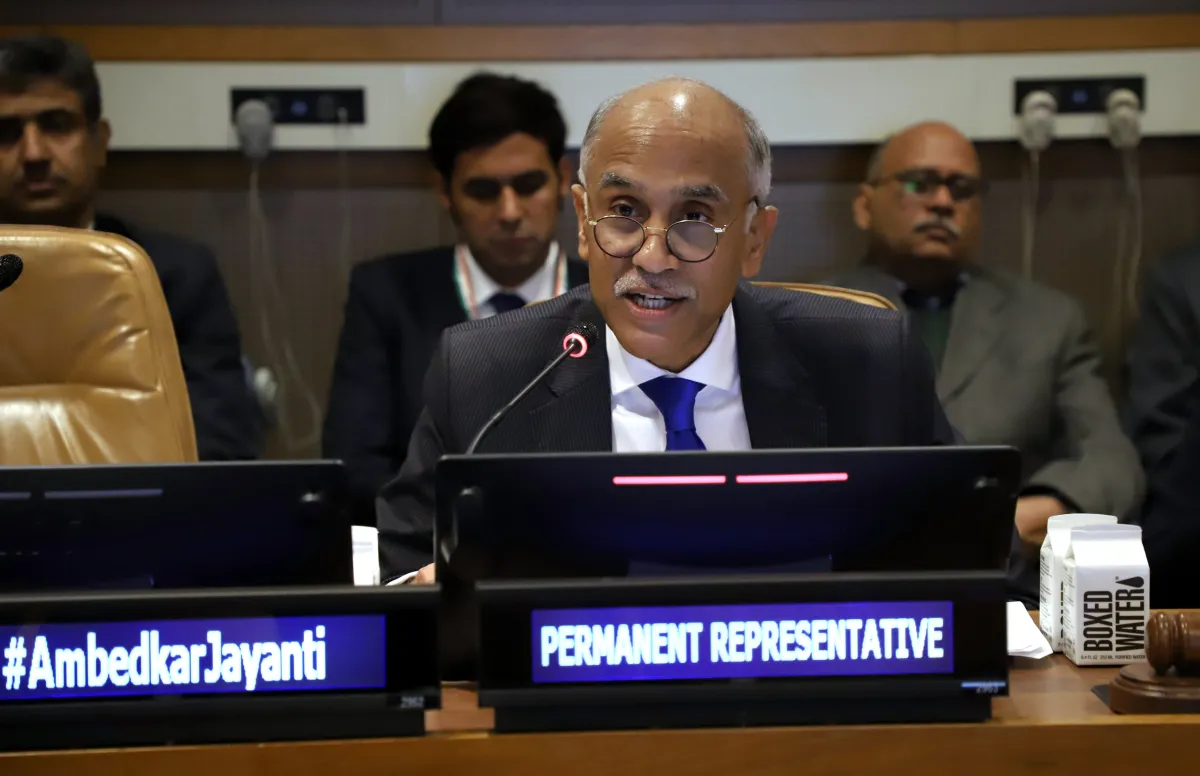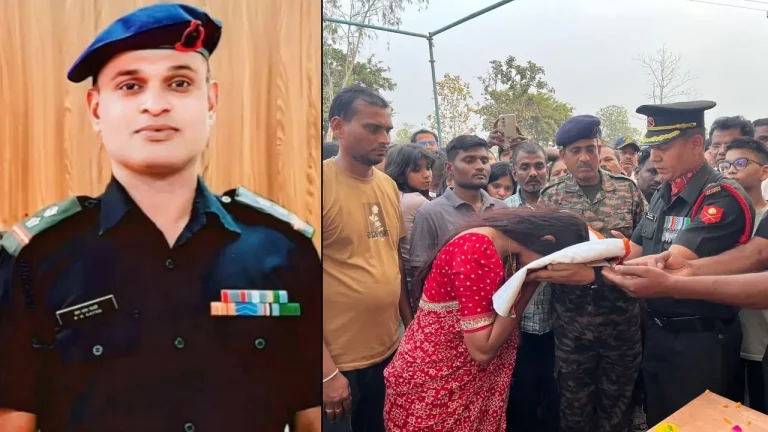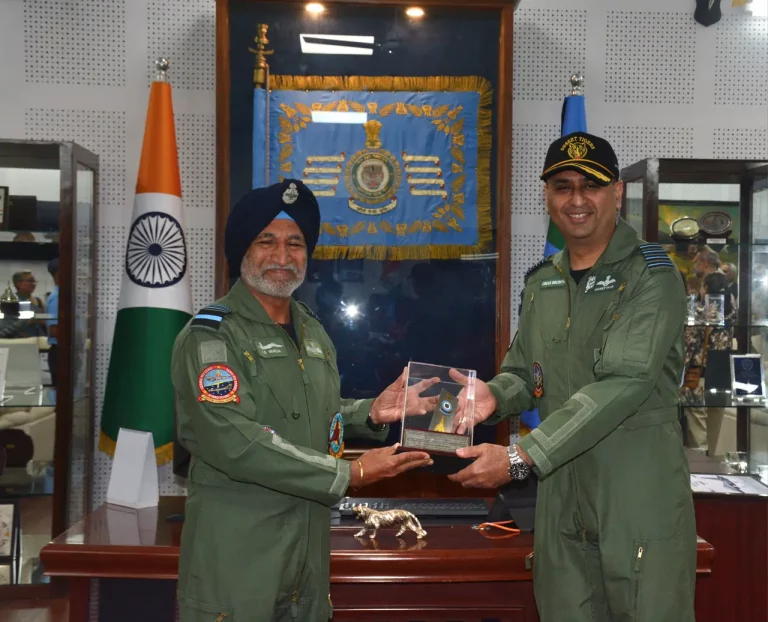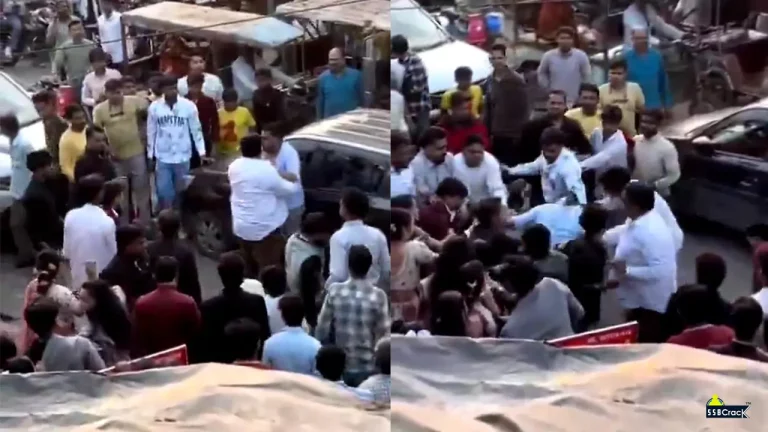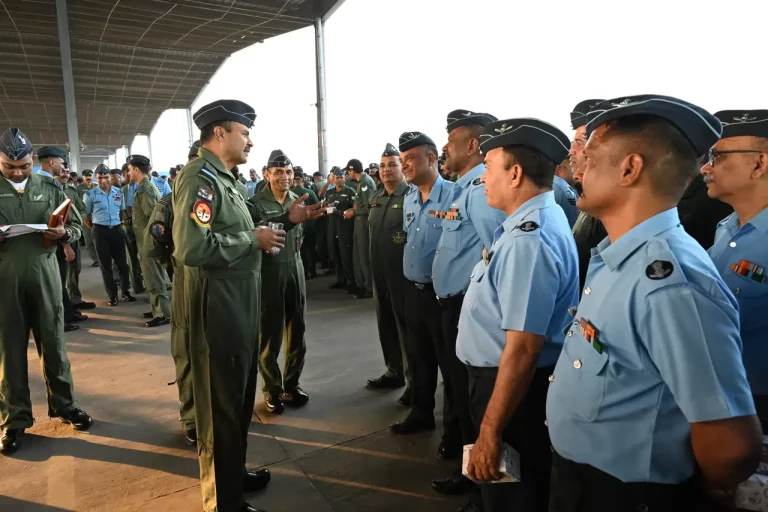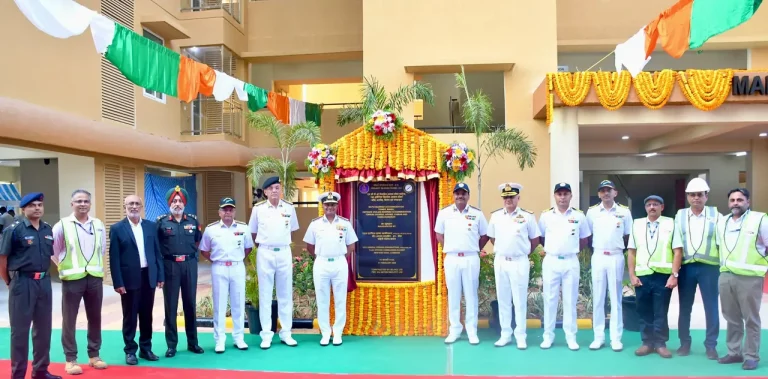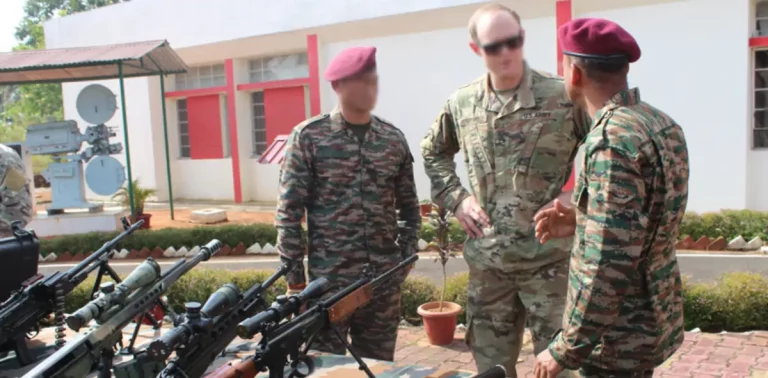During a recent session of the United Nations Security Council (UNSC), India delivered a strong denunciation of Pakistan, characterizing the neighboring country as a “serial borrower from the IMF” and as one deeply entrenched in fanaticism and terrorism. This rebuke was made by India’s Permanent Representative to the UN, Ambassador Parvathaneni Harish.
The meeting, chaired by Pakistan’s Deputy Prime Minister and Foreign Minister Ishaq Dar, was convened to discuss the theme of “Promoting International Peace and Security through Multilateralism and Peaceful Settlement of Disputes.” However, instead of focusing solely on the agenda, Dar used the platform to raise contentious issues related to Jammu & Kashmir and the Indus Waters Treaty, which prompted a vigorous response from the Indian ambassador.
Ambassador Harish emphasized that nations that perpetrate cross-border terrorism should face serious consequences. He cited Pakistan’s history of supporting proxy terror groups, particularly mentioning the April 22 attack in Pahalgam, which was claimed by The Resistance Front, a known affiliate of Lashkar-e-Taiba. “There are some fundamental principles which need to be universally respected. One of them is zero tolerance for terrorism,” he asserted. He depicted a stark contrast between the two nations: “On the one hand, there is India – a mature democracy, a surging economy, and a pluralistic society. At the other extreme is Pakistan – steeped in fanaticism and terrorism.”
Harish further addressed the attempts by Pakistan to internationalize the Kashmir debate, asserting that India’s response has always been “measured and non-escalatory.” He noted that military activity was only ceased at Pakistan’s request and highlighted the evolving nature of conflicts in the region, particularly the rise of non-state actors that are supported by state sponsors and exploit digital tools for recruitment and radicalization.
In a related development, US Representative Dorothy Shea also participated in the UNSC session, commending ongoing American diplomatic initiatives aimed at reducing tensions in global hotspots, including those between India and Pakistan.
In a separate statement, former US President Donald Trump claimed he played a pivotal role in averting a significant conflict between India and Pakistan, stating that five fighter jets were shot down during a previous confrontation, and the two nations were on the verge of nuclear war. Trump asserted, “They’re both powerful nuclear nations and that would have happened. I stopped it,” crediting his trade pressure for calming the situation.
As it stands, Pakistan currently occupies a non-permanent seat on the UNSC for the 2025–26 term. In the wake of the Pahalgam attack, members of the UNSC had unanimously agreed on the necessity to hold the attackers and their sponsors accountable.
